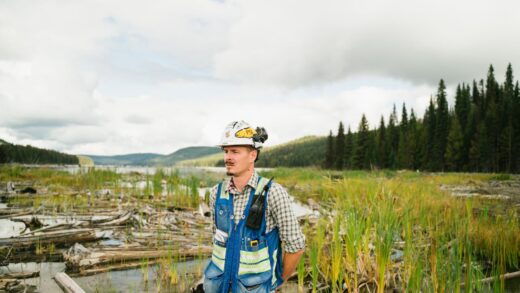The European fishing industry benefits from huge tax breaks on the purchase of fuel that pollutes the sea and spoils its reserves. This is what the nongovernmental organization Our Fish reports. It estimates that the sector has had to pay between 750 million and 1.5 billion euros a year into national budgets for fuel used since 2003, when fishing, unlike other industries, began to be effectively subsidized by states.
“The main problem with these fuel subsidies is that they greatly exacerbate overfishing,” said Our Fish program director Rebecca Hubbard. It also, exacerbates carbon dioxide pollution. Such relaxations run counter to both the EU’s Green Deal, which strives for zero emissions, and the polluter pays principle.
Environmentalists note that even after the proposed tax increase, the fishing industry will pay 10-20 times less than other industries.
As part of its strategy to protect the environment, the European Commission is preparing a reform of the so-called “Energy Taxation Directive,” which would deprive fishing vessels of this privilege altogether. A European Commission spokesman points out that seafarers would then be more careful with their fuel:
“Our initiative is designed to reduce the risk of harmful gases and fuel leaks during bunkering,” Daniel Ferri said. – It’s true that ships used to navigate within the EU are often refueled outside the EU, where taxes may be lower or nonexistent.”
In other words, the EU wants to prohibit fishermen from member states from buying fuel in third countries at a lower price and without paying taxes. The argument is rejected by the NGO Our Fish.
“A huge part of the union fleet cannot get fuel outside European waters,” Rebecca Hubbard continued. – Moreover, if the EU fought to remove these fuel subsidies internationally, at the WTO, we wouldn’t have this potential conflict with any fleet at all.”
“Our Fish argues that a higher fuel tax on fisheries would be an important source of revenue for EU member states that could be redirected to more sustainable methods of harvesting seafood.




